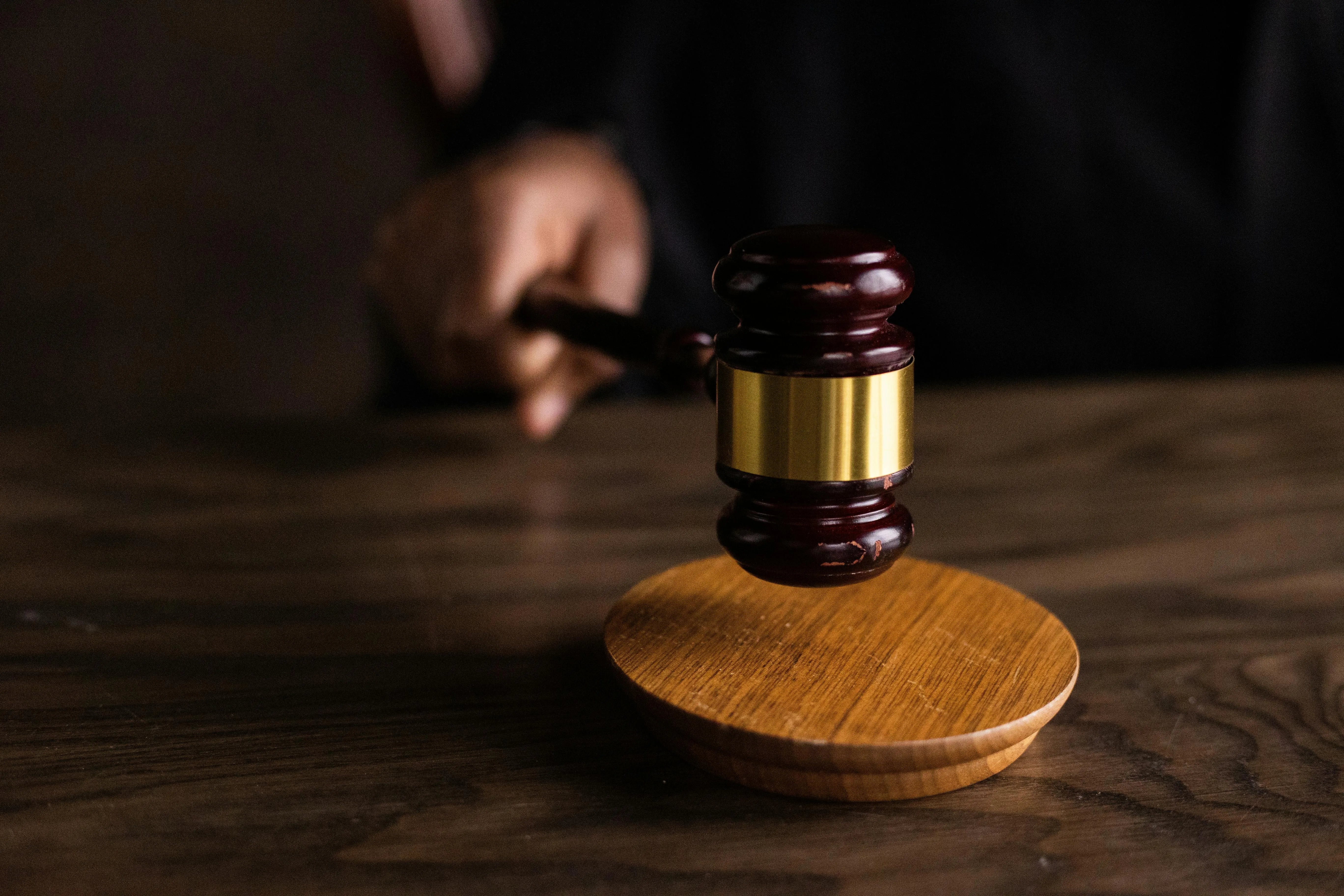AI Judges Proving More Effective in Small Claims Courts
The Digital Transformation of Justice
In the realm of law and order, a quiet revolution is taking place—one that involves the integration of artificial intelligence (AI) into the judicial system. Small claims courts, where disputes of modest financial value are resolved, are at the forefront of this transformation. Recent developments have shown that AI judges are proving to be more effective in handling these cases. As someone who's had my fair share of encounters with the legal system, this shift towards AI-assisted justice is both fascinating and promising. Let's explore how AI judges are reshaping the landscape of small claims courts.

The Challenges of Small Claims Courts
Small claims courts play a crucial role in our legal system. They provide an accessible avenue for individuals and businesses to resolve disputes without the complexity and costs associated with traditional litigation.
My Personal Encounters
My own experiences with the legal system have taken me through the labyrinthine corridors of courthouses. Whether it was a landlord-tenant dispute or a minor car accident, the process was often time-consuming, and the outcomes were uncertain.
Seeking Resolution
I've learned firsthand that the goal of these disputes isn't always to "win" but to find a fair resolution that both parties can accept.
The Role of AI Judges
Enter AI judges, a novel approach to streamlining the small claims court process. These digital arbiters are designed to analyze cases, review evidence, and render decisions based on established laws and precedents.
The Promise of Efficiency
One of the most significant advantages of AI judges is their efficiency. They can process a high volume of cases quickly, reducing the backlog that plagues many small claims courts.
My Encounter with AI Justice
During a recent small claims dispute, I had the opportunity to experience AI justice firsthand. The process was remarkably swift. My case was submitted digitally, and within a matter of days, a decision was rendered.
Data-Driven Decision-Making
AI judges rely on vast datasets and algorithms to make decisions. They consider legal precedents, statutes, and case law to arrive at their rulings.
Reducing Bias
Another notable benefit of AI judges is their potential to reduce bias in decision-making. AI systems are programmed to be impartial, eliminating human biases that can influence judgments.
Ensuring Fairness
The pursuit of justice is intrinsically linked with the concept of fairness. AI judges are designed to ensure that every case is evaluated on its merits, without prejudice or favoritism.
Challenges and Considerations
While AI judges offer clear advantages, there are challenges and ethical considerations to address.
The Human Touch
Some argue that the human touch, including empathy and understanding, is irreplaceable in the courtroom. While AI judges can provide efficient decisions, they may lack the nuanced understanding of complex human emotions.
Privacy and data Security
The use of AI in the legal system raises concerns about privacy and data security. Safeguarding sensitive information is paramount, and robust cybersecurity measures must be in place.
A Glimpse into the Future
In conclusion, the emergence of AI judges in small claims courts represents a glimpse into the future of legal proceedings. While they may not completely replace human judges, they offer a promising solution to address the challenges of efficiency and backlog in the legal system.
A Call for Balance
As we embrace the potential of AI in the courtroom, let's remember that the pursuit of justice requires a delicate balance between efficiency and humanity. AI judges can expedite the process, but the principles of fairness, equity, and empathy must remain at the heart of our legal system.
In the words of former U.S. Supreme Court Justice Sandra Day O'Connor, "We don't accomplish anything in this world alone, and whatever happens is the result of the whole tapestry of one's life and all the weavings of individual threads from one to another that creates something."
As AI judges become woven into the tapestry of our legal system, let them be a thread that enhances, not diminishes, the fabric of justice.<

No comments:
Post a Comment